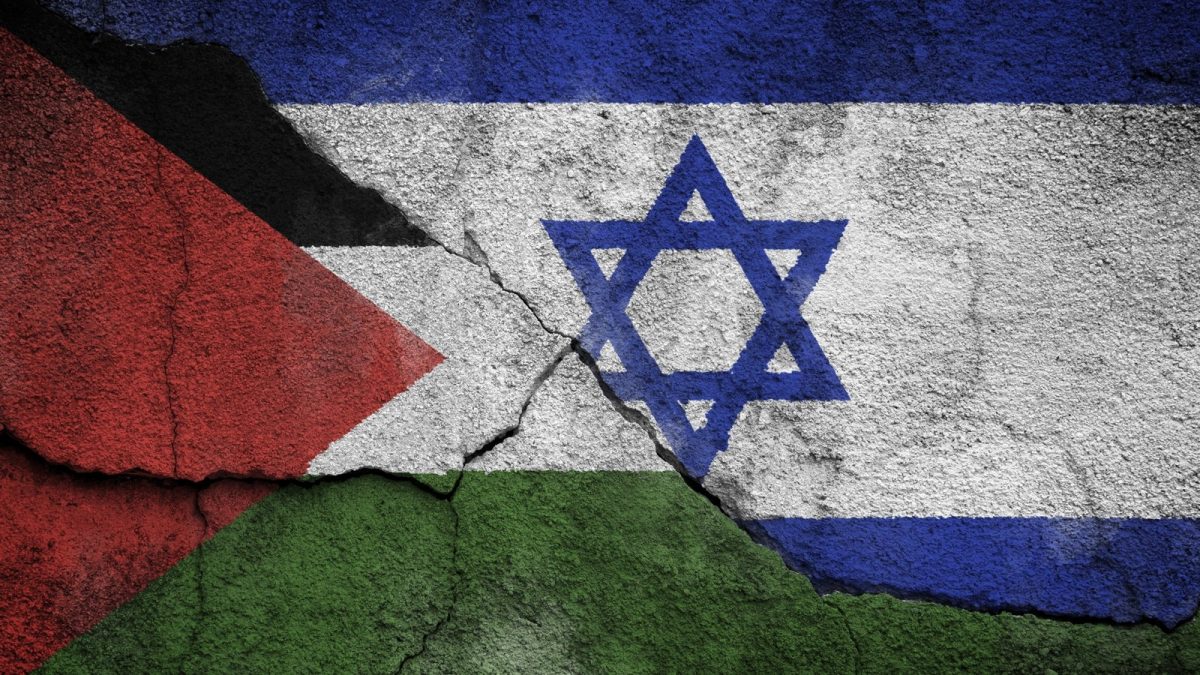INTRO NOTE
Dear Lakeside,
We’re sure you all have seen news of the horrific terrorist attack that took place in the Middle East on October 7, and all of the ongoing violence and suffering that has ensued as a result. Determining how best to cover these events was a difficult part of our planning for this issue of the newspaper, and, seeing as Tatler’s role is to represent the diversity of opinions among Lakeside’s student body, we decided to collect responses for a Political Q&A about this conflict.
We’re grateful for the writers who contributed to this Q&A, and ask the student body to appreciate how difficult it is to put one’s opinion on the line to discuss a topic as deeply emotional and divisive as this. We ask that you give their writing the respect and attention it deserves, and that you’re intentional with how you discuss these articles and recent events in the Middle East more generally.
Just like the broader student body, Tatler does not hold a unified opinion about these events and the morality of everything that has happened since. To state a few things outright, though, we condemn Hamas’ terrorist attack — there are never circumstances that justify undue violence and cruelty against civilians. We also recognize that Hamas, as an organization, is not representative of the Gazan people, and the two should never be equated. Similarly, it is crucial to separate Israeli citizens from the Israeli military.
Above all, Tatler condemns any antisemitism and Islamophobia that has arisen from this conflict. At schools around the nation, we have seen protests turn to demonstrations of hate, and we must ensure that we do not allow the same to happen on Lakeside’s campus. So, please educate yourselves and take care of one another during this emotional and even painful time.
Much love,
Lucy and Zane
HENRY Z. ’25
At the time of writing, the United States has deployed a carrier strike group into the eastern Mediterranean “in order to deter any actor seeking to escalate the situation” in response to Hamas’ invasion of Israel on October 7, along with another on the way to the Middle East beyond the Suez Canal. President Biden has also announced plans to send $105 billion in foreign aid, which will partly go towards arming the Israeli Defense Forces, IDF. In my opinion, this response — evidently in support of Israel’s goal to retaliate against and strike down Hamas — is both politically justified and reasonable.
The American response is a necessary move to prevent Israel’s hostile neighbors from escalating the conflict. In particular, the Lebanese militant group Hezbollah has renewed clashes with the IDF along the border. Iran has been making vague threats of intervention if Israel refuses to step back. The IDF, which has demonstrated itself in the past to be the premier military power in the region, is capable of handling Hamas alone. Such a display of force by the United States, though, allows the conflict to stay confined without direct military intervention. It should go without saying that allowing the extremism of groups such as Hamas and Hezbollah to win out is highly undesirable. Hezbollah, notably, is magnitudes more dangerous in terms of military power, with an enormous arsenal of weaponry and direct support from Iran. A full-scale Hezbollah incursion could very well lead to a casualty count dwarfing that of the Hamas invasion. In this case, an indirect intervention as the United States has already done will hopefully prevent any further incursions or atrocities to the people of Israel.
During the initial invasion, numerous foreign citizens were among those killed and taken hostage by Hamas militants. This included an estimated 13 American citizens who remain unaccounted for, believed to be currently held as hostages. If the United States chose to send ground troops in order to recover hostages, I would not be opposed. It would undoubtedly be an escalation to intervene in such a way, but Hamas’ decision to directly antagonize citizens of foreign states would justify a harsh American response. Still, Hamas has released two American hostages into Israeli custody — perhaps a sign that at least for the question of hostages, indirect force is enough.
One, however, cannot address this conflict without acknowledging the massive humanitarian crisis that will only worsen with the imminent invasion of north Gaza, alongside the ongoing bombardment and airstrikes. This compounds with the debate on whether Israel is, in fact, an oppressive state imposing a form of imperialism on the Palestinian Arabs. By extension, there is the question of whether the United States should continue to support a state that some may even view as the overall aggressors in this conflict.
In my view, Hamas has long overstepped the boundaries of its professed intention of fighting for liberation from Israeli oppression. Their practice of hiding military targets behind civilian infrastructure is part of what drives the civilian casualty toll ever higher as the war continues. They initiated this invasion with no plan or preparation to protect Gazan civilians in any way, knowing the retaliation would fuel outrage against Israel and draw in support and recruits among radicalized civilians. Hamas has absolutely no concern over the welfare of Palestinians; rather, they are using their stranglehold on Gaza to further their terror and extremism.
With a conflict as complex as that of Israel and Palestine, there is no morally pure side — there are certainly reasons to critique Israel’s diplomatic conduct and tactics in the war, as well as the cycle of strife and atrocities within the broader scope of this region’s history. A concrete blow to Hamas in Gaza, however, would certainly be a better outcome than allowing their terror to persist without consequences. As aid shipments from Egypt continue and IDF ground raids into Gaza begin, one can only hope that evacuation to the south and humanitarian aid will reduce civilian deaths as the conflict unfolds.
In the meantime, the current American response ensures that hostile factions are unable to capitalize on this situation. At the same time, the United States remains in a position to pressure Israel to minimize the humanitarian impact of the war. They have already succeeded in delaying the invasion of Gaza to negotiate the release of more hostages and can continue to exercise this influence as the war continues.



